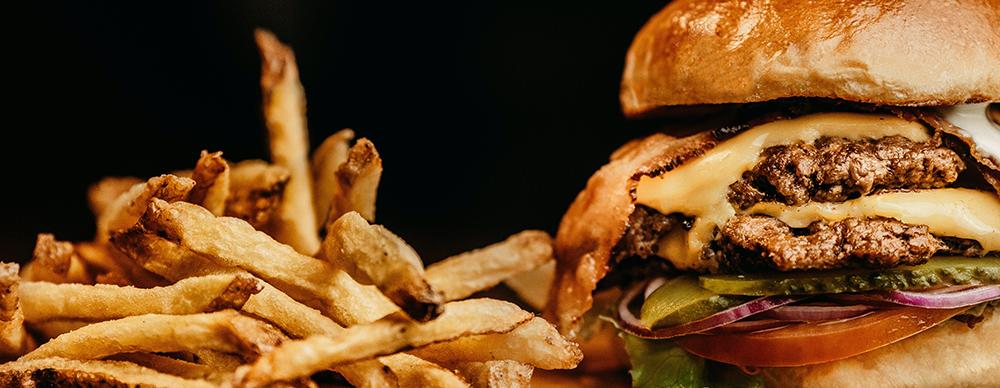Senior Lecturer Susie Jennings considers the pros and cons of Uber's plans to introduce calorie labelling to menus.
"During lockdown, one industry has adapted extremely well – fast food. Personally I’ve indulged in more pizza this year than I normally would! Deliveroo and Uber Eats sadly (or maybe luckily!) don’t deliver to my area, but they do to huge areas of the UK. Uber Eats have just announced they will be adding calorie labelling to their menus to help customers make better informed, healthier choices.
My first thought was that it was a brilliant move. As a registered nutritionist I know a lot about food, but I’m usually more interested in the nutrients in foods rather than the calories and I’m sometimes shocked to see how calorific some foods can be. I was out for dinner with a friend recently at a restaurant which listed the calorie content of each dish. We were pondering dessert but when we saw that our choices contained almost 1000 calories (the recommended daily calorie intake for women is 2000) we decided to leave it. We made an informed choice that we wouldn’t have been able to do without knowing the calorie content.
From April 2022 all food businesses employing more than 250 people will be required by law to provide the calorie content of their products. So Uber Eats is ahead of the curve and it’s likely that a lot of businesses will be following suit over the coming months. This is going to provide more work for registered nutritionists who can work with food companies to calculate the calorie content of their products.
When I was reading about the Uber Eats announcement I came across an article that made me aware of another side of the story and really made me think. Megan Sutton wrote in Cosmopolitan about her personal battle with an eating disorder and how during this time counting calories was an overly-large focus for her. Now, to maintain a healthy relationship with food she avoids seeking out the calorie content of foods, and is concerned that seeing calorie counts everywhere will make it harder for her. She won’t be alone this.
It’s well known that being overweight increases the risk of several diseases, but body weight is not the only measure of health and calorie content is not the only thing that determines how healthy a food is. Lots of people would be healthier if they lost some weight, but not everyone. Nutrition is a complex science and our knowledge and understanding is increasing and evolving all the time. As registered nutritionists we need to stay aware of the world around us and be open to learning throughout our careers.
I believe Uber Eats’ calorie labelling is going to benefit a lot of people in the population, because they will be able to make more informed choices. It would be good to see traffic light style labelling too so people can keep a better eye on their salt and sugar intake, as these tend to be high in fast food."

